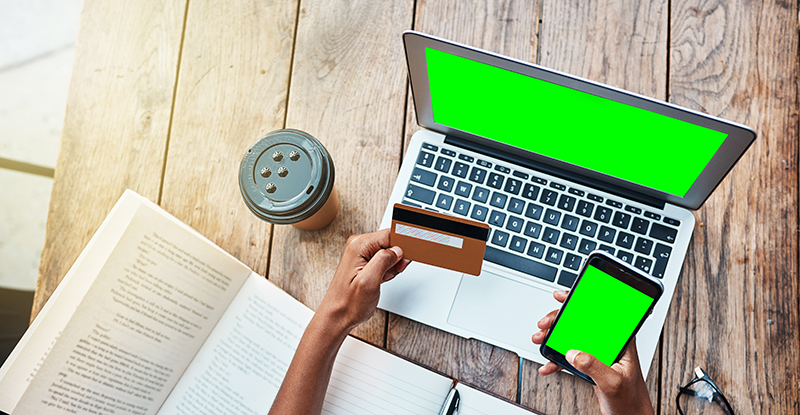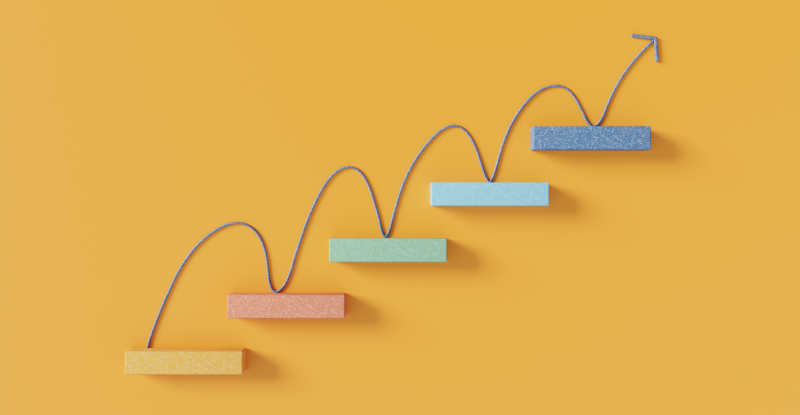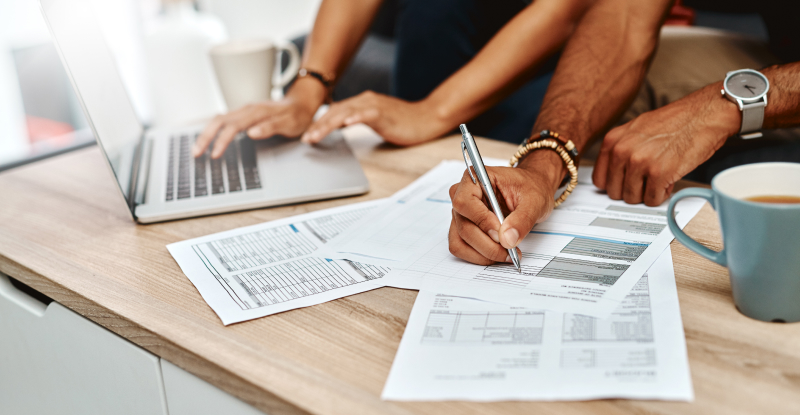
In our podcast episode, Nelson Soh, CPA, CA, CPA Financial Literacy Program volunteer shares with Vivian Tse, Manager, Communications, his tips on how students can set intentional spending goals to master their back-to-school spending. Part of our Coffee Chats with CPABC podcast series.
A new school year comes with new costs – housing, transportation, text books, social activities, etc. It’s not only important to keep track of these expenses but also to ensure that you can pay for them with the money you have.
Here are four tips on how you can make smart spending decisions so you can still spend money on what you love, but save for the future as well.
- Set an intentional spending plan
The word “budget” can be daunting for some people because it’s often associated with spreadsheets and tracking every debit and credit item. So instead, I’d recommend having what I call an “intentional spending plan”.
An intentional spending plan focuses on spending on what you love which is a slightly different approach than a typical budget. Instead of looking at all the money you spend and eliminating ‘unnecessary’ spending, such as unused subscriptions or “nice to haves”, I always tell people that an intentional spending plan shifts the focus to spending on what you love and to stop spending on what you don’t love.
For example, if buying coffee out is an experience you truly enjoy, then you should keep doing that if your budget allows and stop spending in areas that you don't gain as much enjoyment from. That way your money is going towards what you value the most.
- Spend what you have, not what you don’t have… yet
I have a love-hate relationship with credit cards. I love them because they are so convenient to use, but I also hate them because credit cards have some of the highest interest rates for consumers. Be careful when you use your credit card and make sure you have the means to pay off your entire monthly balance on time and in full.
Many people think, "If I only pay the minimum balance, then I'm good." But the truth is when you only pay the minimum and you don't pay the balance in full, that's when the bank is going to come in and charge you that 19.99% annual interest rate on your remaining balance. It’s important to understand how credit cards work and how dangerous they can be because these debt amounts actually snowball every month.
If you only pay a portion of the outstanding in January, you get charged interest in February. And if you keep letting that debt snowball, it's going to keep getting larger and larger. Sometimes people splurge on things, they think, "I worked really hard. I deserve a new phone or a new computer."
I completely agree with that. But please, remember that $2,000 spent on an item with your credit card is only $2,000 if you pay it off in full. If you don’t, that amount will be much higher in 12 months, with hundreds of dollars potentially going just to pay off the interest. A rule I tell people looking to make a purchase is to have twice the amount of accessible cash as the product costs, otherwise hold off on buying it.
- Save some of that hard earned money
There's a famous saying, "The best time to start is when you're 19… and the next best time to start is now." So if you're in the boat where you feel like, "I haven't started or I've got lots of ground to catch up on," my advice to you is to do it now. Now is the perfect time to start, and here are some simple ways to get started:
- Start small: You don't need large sums of money to invest. It could even be $50 a month or whatever you can afford to set aside.
- Keep it within your means: Some people can get intense and overboard with saving money. When they start saving money, they try to put every dollar they can towards their savings or their investments. And then on the flip side, when they're trying to live their everyday life, they start feeling financial pressure. We don't want to do that to ourselves, because we want to be able to enjoy our lives while saving money.
- Consistency: Just like everything in life, you have to be consistent. If you want to achieve your goals, you have to stick to it. So if that means that you need to skip a night out with friends so you can have that $50 to invest and save, you need to be disciplined and do that.
- Pay yourself first: Whenever you receive a paycheque or receive any other income into your bank account, make an agreement with yourself. Set aside a portion of that money right off the bat, and put that amount into a savings account or some sort of investment account and don't touch it. This is effectively making sure that you pay yourself for your hard work and efforts before you go and spend the money doing fun things or buying things that you want.
- Have a rainy day fund
A rainy day fund is essentially a fund of savings that you don't touch unless it's an emergency or something completely unexpected. That way if you need to go fix your car or if you have unexpected expenditures that come up, you won’t have to rely on credit cards, which if not paid in full can lead to a snowball effect of mounting debt.
For students, I usually recommend anywhere between three to six months of your monthly expenses in a savings account or an investment account with flexible withdrawals. And for a working adult, I would say like six to 12 months. The reason it's different between students and working adults is because students generally have less expenditures, whereas working adults may have rent, mortgage, or maybe other working life expenses that you need to take care of.
Author
Nelson Soh, CPA, CA is a TEDx Speaker, best-selling author of Life Literacy and the 100 Day Money Mindset Journal. Nelson is also the co-founder of FSQ Consulting, a business consulting firm, and one of CPA Financial Literacy Program volunteers. You can follow Nelson on LinkedIn, Tik Tok, or Instagram to learn more about financial and life literacy.



